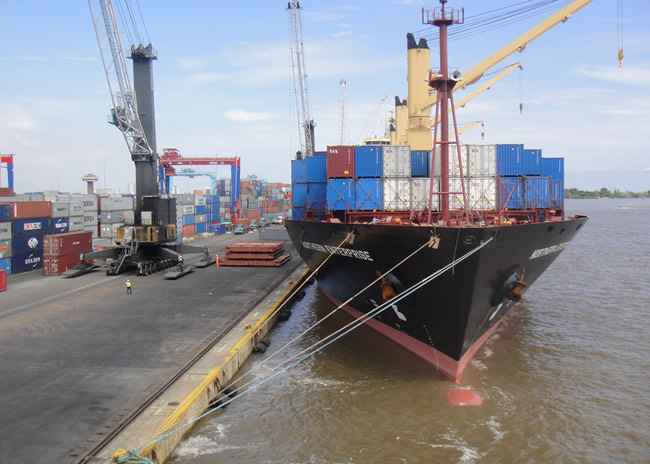The International Finance Corporation (IFC) has called on trade finance institutions the like of Afreximbank, the Development Bank of Nigeria, AfDB, etc, as well as the governments and regulators, to improve women-owned businesses access to finance, especially in Nigeria and the other emerging markets.
IFC made the call in its latest country studies results, titled ‘Banking on Women Who Trade Across Borders‘, which interviewed 70 women in Brazil, 60 in Kenya, and 85 in Nigeria.
In the report, IFC noted that the challenges faced by women entrepreneurs in these three emerging economies, include:▪︎High interest or high fees for trade finance▪︎Time consuming bureaucracy with banks▪︎High or difficult collateral requirements from banks▪︎Lack of knowledge, training or education on trade finance instruments▪︎Lack of credit score▪︎Excessive information requirements from banks, and facing a convergence of barriers to their partictrade financerade finance.
IFC said that to effectively address the challenges encountered by women entrepreneurs in accessing trade finance, a multifaceted approach is essential.

Chart credit: IFC
IFC, therefore, recommends the following strategies, which collectively should assist in creating a more inclusive and accessible financial landscape for women entrepreneurs who trade across borders, ultimately promoting greater economic empowerment and gender equality:
• Establishing collateral registries and credit bureaus as information brokers can significantly reduce information asymmetry, enabling women to demonstrate theircreditworthiness more easily.
• Leveraging supply chain finance can provide a vitalpathway, empowering both sellers and buyers, byusing the creditworthiness of more established tradingpartners.
• The digitization of financial services is critical in reducing the complexity and costs associated withthese services, thereby expanding the range of services accessible to women-led enterprises.
• Mainstreaming alternative financing options throughfintech, by facilitating data-driven credit assessmentsand expanding access to a variety of funding and payment methods can greatly benefit women entrepreneurs.
• Capacity building for women-led and women-owned SMEs, coupled with awareness and training programsfor banks on the specific needs and challenges faced bywomen in accessing trade finance is imperative.
• Blending finance by combining public and privatefunds to de-risk investments can create more favourableconditions for financing women-led enterprises.In enacting these strategies, all relevant stakeholders have roles to play:
• Financial institutions and banks can benefit fromtraining that is tailored to the specific needs andrisks associated with engaging in trade finance withwomen-led enterprises. Moreover, they can enhanceaccessibility by offering more risk-sharing facilities, either independently or through partnerships with developmentfinance institutions.
• Governments can contribute by improving theregulatory framework, including initiatives such asdigitization, registration of invoices, collateral records,and credit information. They can also facilitate theapproval of risk-sharing facilities within their jurisdictions.
• Development partners need to provide capacity training on both innovative and traditional trade finance instruments, expanding the use of blended finance to address the weaknesses and risks facing women-owned and women-led enterprises.
• Women-owned and women-led enterprises, including SMEs can participate more actively in industry associations, sharing experiences and improving their collective business case.• Collaborations between finance institutions, whetherwith a development mandate or not, and governmentalbodies can mitigate risks, by opening up trainingopportunities, and raise awareness while providing aforum to discuss potential solutions.











